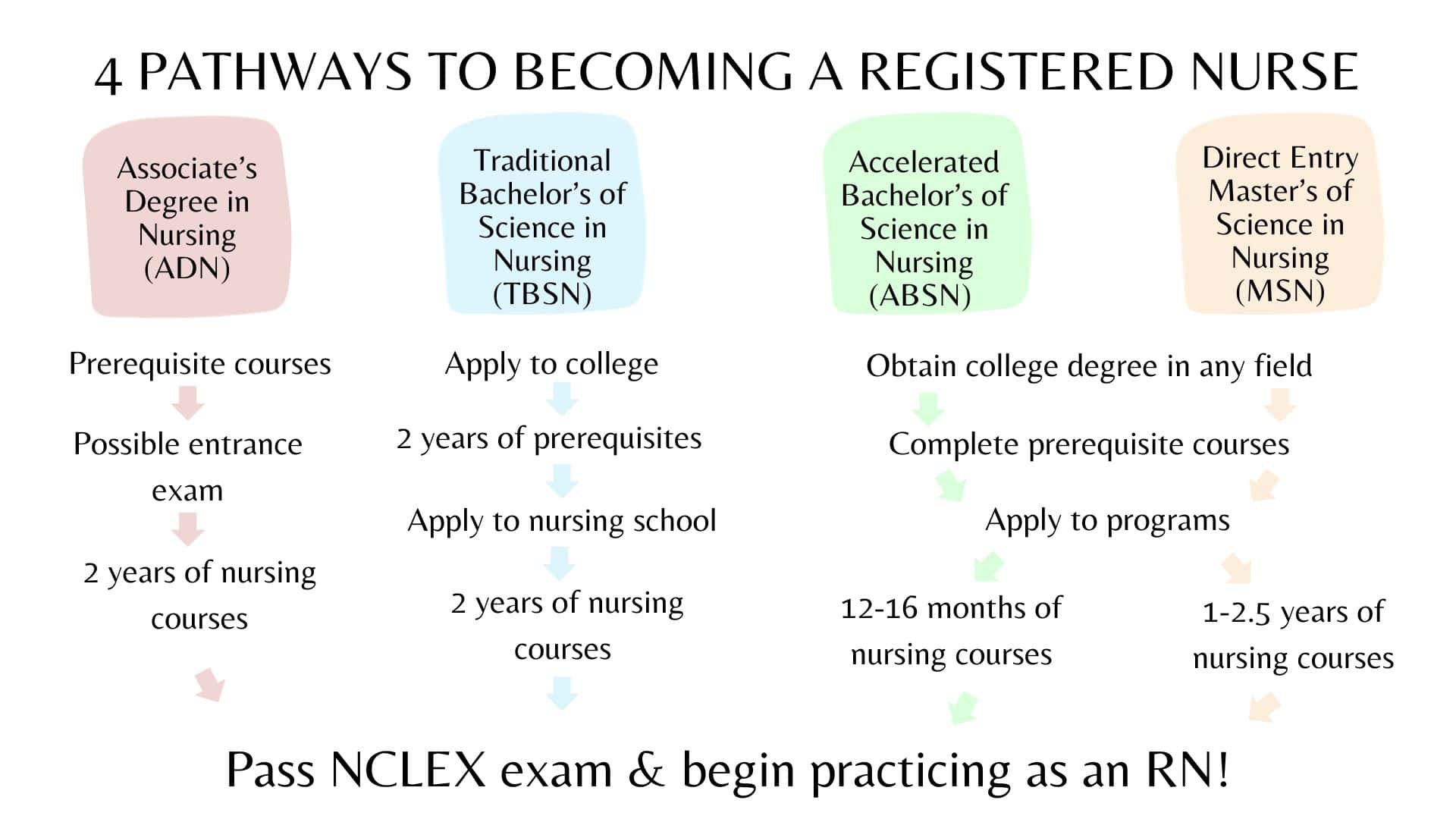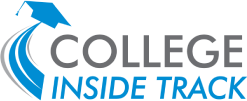4 Pathways To Becoming A Nurse With CIT Consultant Anne Weber and BSN Candidate Isabelle Weber
Even before the COVID pandemic upended our hospitals, nurses have been in high demand. The Department of Labor predicts nursing will be the highest employment growth market for the next decade, with demand for registered nurses growing by 13% and demand for nurse practitioners by more than 40%. Globally, we will face a 13 million nurse shortage by 2030 and domestically, nurse shortage predictions range from 275,000-500,000. Simply put, we need more nurses. To address shortages, an $80m funding bill was passed to expand, train and diversify our nursing workforce. This article outlines four pathways to becoming a nurse.

Associate’s Degree in Nursing (ADN)
The ADN pathway is the quickest pathway to becoming a nurse for someone who does not have a college degree. ADN programs typically require a few basic prerequisites like math, chemistry, biology or anatomy. For many programs, high school classes may count towards these requirements. Some programs also require applicants to take standardized entrance exams called HESI or TEAS.
Once the student is admitted to an ADN program, they will typically take four semesters (or two years) of courses. The first year often includes foundational college classes, like English, psychology and sociology and more specific science courses, like anatomy and physiology, biology and chemistry. The second year may include more nursing-specific courses, like pathophysiology, pharmacology, health and illness, and assessment. Students will also complete clinical rotations either in the second year or throughout the program.
After graduating from an accredited ADN program, all students are required to take and pass the NCLEX examination to officially become a licensed registered nurse. ADN-prepared RNs can work in any healthcare setting. However, broadly speaking, healthcare systems are moving away from hiring ADNs in favor of Registered Nurses who have their Bachelor’s degree. Some hospitals require ADN nurses to complete their BSN within 5-10 years of their start date. ADN to BSN programs are often 1-2 years in length and may be completely online.
Traditional Bachelor’s of Science in Nursing (TBSN)
The traditional pathway to gaining a BSN is now one of the most common routes for aspiring nurses to take. A traditional BSN takes four years to complete and is offered at many four-year universities. Traditional BSN programs may have direct admission or may require undergraduate students to apply after completing prerequisite courses. Regardless if a student is admitted directly to the nursing school or if they are required to apply later on, they will take about two years of prerequisite courses. Prerequisites often include English, psychology, sociology, biology, chemistry, anatomy, physiology, microbiology and potentially genetics, nutrition or statistics.
After completing all of the prerequisite courses, a student at a direct-admit institution will begin nursing courses right away. A student at a school without direct admission will apply into the nursing program and then begin courses, pending acceptance. The final two years in a traditional BSN program often include courses like pathophysiology, pharmacology, assessment, health and illness, social justice, ethics, professionalism, research, and clinical rotations.
A BSN graduate is also required to take and pass the NCLEX examination to begin practicing as a registered nurse. BSN-prepared nurses can work in any healthcare setting including hospitals, long-term care facilities, schools, clinics, and prisons.
To learn more about a traditional BSN path, we also encourage you to read a profile from a current nursing student about to complete her Bachelor of Science in Nursing and begin her career.
 Accelerated Bachelor’s of Science in Nursing (ABSN)
Accelerated Bachelor’s of Science in Nursing (ABSN)
The accelerated BSN pathway is a quicker way for someone who already has a college degree to become a registered nurse. To be eligible to apply to ABSN programs, a student must already have a Bachelor’s degree in any field. Applicants must also complete prerequisite courses before beginning the ABSN program. Prerequisite classes are very similar to those required for TBSN programs.
Once a student is accepted to an ABSN program, they will complete 12-16 months of rigorous nursing coursework. An ABSN program contains the same material as a TBSN program, but it is condensed into about half of the time. ABSN programs are very fast-paced and concentrated and often have year-round and weekend requirements.
After a student completes an ABSN program, they are required to take and pass the NCLEX examination to become a licensed registered nurse. An ABSN graduate will then hold two Bachelor’s degrees (one in nursing and one in another field). ABSN-prepared nurses can work in any healthcare setting and are as well trained as a TBSN-prepared nurse.
Direct-Entry Master’s of Science in Nursing (MSN)
Direct-entry MSN programs may be appealing to students who are interested in leadership, research, or furthering their education. To be eligible to apply for a direct-entry MSN program, a student must hold a Bachelor’s degree in any field and must complete the prerequisite courses (often very similar to those required for TBSN or ABSN programs).
Direct-entry MSN programs are often 16-30 months in length and contain courses in pathophysiology, pharmacology, health and illness, assessment, leadership, ethics, health policy, professionalism, social justice, research, and clinical rotations. Direct-entry MSN programs may also have a larger focus on research and may contain a few additional advanced courses in subjects such as pharmacology and pathophysiology.
After completing a direct-entry MSN program, a student is required to take and pass the NCLEX examination to become a licensed registered nurse. MSN nurses are prepared to work in any setting. An MSN has a few additional benefits, including higher wages, leadership training, and may shorten the length of future schooling required to become a nurse practitioner.
Becoming any type of healthcare provider takes dedication, a lot of schooling, and skill. Nursing, as many have described it, is a calling. For individuals with strengths in STEM, who care deeply about helping others, and who appreciate lifestyle and career flexibility, nursing is an excellent career choice. Unlike most healthcare professions, there are several pathways to becoming a nurse. Which one is right for you?
Sources: World Economic Forum, American Association of Colleges of Nursing, Department of Labor, Joyce.edu, Beckers Hospital Review
